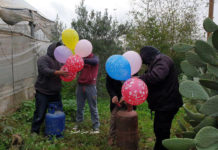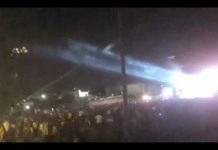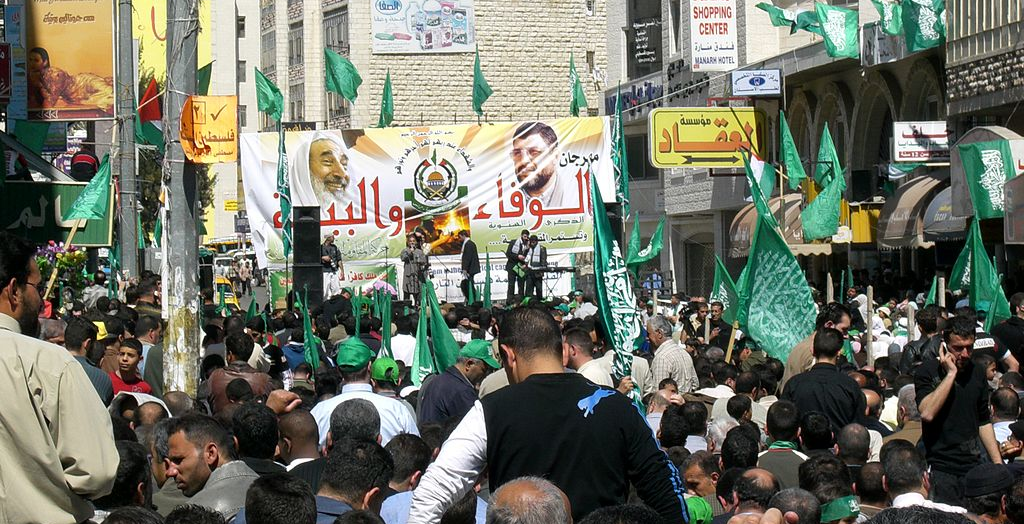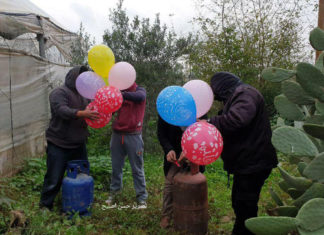JERUSALEM, Israel — On Monday, June 28, masked gunmen destroyed a U.N. summer camp facility in the Palestinian Gaza Strip. A U.N. official called it “another example of the growing levels of extremism in Gaza.”
The destruction marked the second attack in less than a month on a U.N. facility designed to provide summer fun for the children of Gaza.
“Now nearly 500 kids are prevented from coming to that camp because of the burning and destroying that place,” the U.N. official said.
The attack is one more sign that Gaza under Hamas is becoming a Taliban-like regime.
“Hamas is forcing people to live within the confines of a harsh moral code and punishing those who try to exercise their few remaining rights,” said in a statement by Human Rights Watch, a group who opposes Israel’s current policy toward Gaza.
Since Hamas overthrew Fatah in a bloody 2007 coup, many Christians have also fled Gaza. Several Christian stores and schools have been vandalized and a prominent Christian, Rami Ayad, was murdered by Islamic radicals.
Hamas’s charter calls for the destruction of Israel.
“Israel will rise and will remain erect until Islam eliminates it,” the charter reads.
Hamas and other Islamic groups from Gaza still fire rockets and mortars into southern Israel. Towns like Sderot have even fortified their playgrounds with bomb shelters like a concrete hardened caterpillar.
“Picture a bomb shelter and a photograph in one picture you understand how this reality is completely unique and completely unacceptable in the entire world,” said Noam Bedein of the Sderot Media Center. “While we talk abroad about Al-Qaeda, Iran, we already have Iran in Sderot’s back yard, one kilometer away from Sderot.”
Hamas has allied itself with Iran and Israeli Defense Minister Ehud Barak warned that Hamas is establishing an Iranian base on the Mediterranean.
Yet following the recent flotilla incident, Hamas gained legitimacy while Israel faced an international investigation. Despite the threats to Israel and the West, Hamas is being treated like an accepted reality.
Instead of isolating Hamas, some nations prefer to negotiate with them. This was the position put forth earlier this week by Russia’s foreign minister when he visited Jerusalem.
The Obama administration has also pledged $400 million in aid for the people of Gaza and the West Bank, a move some analysts see as stabilizing Hamas and its dictatorship.
Some countries protect the Hamas government because some feel the West — instead of fighting Hamas — will sanitize it, then embrace it just like it did to Israel’s enemy in the 1980s — Yasser Arafat and the Palestine Liberation Organization.
After recent developments, it appears the Islamist stronghold on Israel’s border has not become weaker, but stronger.
Photo By Hoheit (¿!) [CC BY-SA 2.0 de (https://creativecommons.org/licenses/by-sa/2.0/de/deed.en)], via Wikimedia Commons










